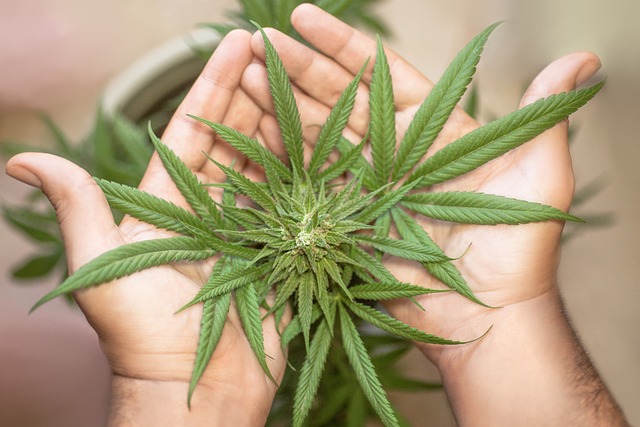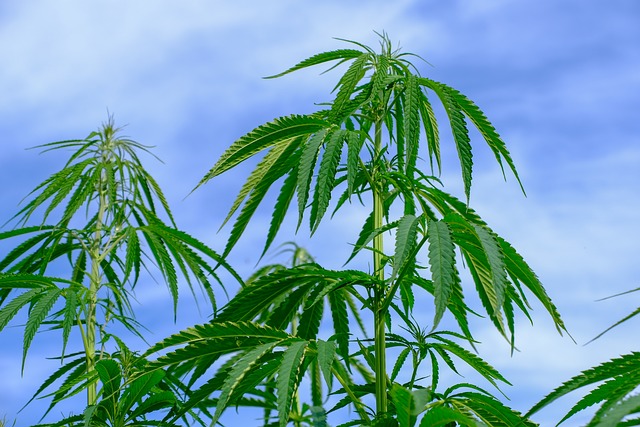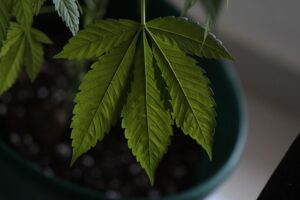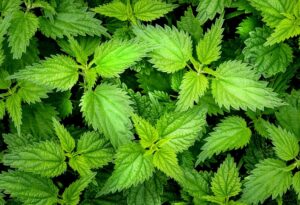
Δ-9 tetrahydrocannabinolic acid (THCA) flour is a non-psychoactive supplement from the cannabis plant that's gaining attention for its potential therapeutic benefits. THCA, which serves as the precursor to THC and is abundant in raw cannabis, has been researched for anti-inflammatory, neuroprotective, anti-nausea, and anti-emetic properties. Unlike THC, it does not cause a psychoactive effect. The use of THCA flour in wellness routines is growing, but it's important to approach dosage with caution, tailoring it to individual health profiles and starting with low amounts before adjusting based on personal tolerance. Precise measurement is essential due to the potency of THCA flour, and consumption methods can affect its bioavailability. It's recommended to use lab-tested THCA flowers from reputable sources to ensure purity and potency. For those interested in THCA flower dosage guidelines, it's crucial to consult healthcare professionals or refer to expert recommendations for safe and effective use. As research progresses, understanding and following established dosing protocols will be key to harnessing the full potential of THCA for health and wellness.
Discover the transformative potential of THCA flowers, a non-psychoactive cannabinoid that’s gaining attention for its therapeutic properties. In this comprehensive guide, we explore the myriad benefits and uses of THCA flowers, from their medicinal advantages to practical tips on how to incorporate them into your wellness routine. We delve into dosage guidelines to ensure safe and effective consumption, and examine the science behind this natural compound. Whether you’re a seasoned cannabis user or new to the plant’s healing offerings, this article offers valuable insights into THCA flowers, their role in the entourage effect, and how they compare to other forms of cannabis. Join us as we unravel the full spectrum of THCA flower benefits and provide guidance on maximizing its potential within the legal framework governing its use.
- Unlocking THCA Flower's Potential: An Overview
- The Science Behind THCA: A Cannabinoid Primer
- Sourcing Quality THCA Flowers: Tips for Discerning Consumers
Unlocking THCA Flower's Potential: An Overview

Delta-9 tetrahydrocannabinolic acid (THCA) flour is gaining attention for its potential wellness benefits, which are distinct from those of its decarboxylated form, delta-9 THC. THCA is the raw and natural precursor to THC and is found in raw cannabis plants or when cannabis flower is preserved in a way that prevents the heat-activated transformation into THC. The therapeutic properties of THCA flour are being explored for conditions ranging from inflammation to neurodegenerative diseases. While the research is still emerging, early studies suggest that THCA may offer anti-inflammatory and neuroprotective effects without the psychoactive “high” associated with THC.
For those interested in incorporating THCA flour into their wellness regimen, dosage guidelines are crucial to ensure safe and effective use. Dosage recommendations can vary based on individual factors such as body weight, tolerance, and the specific condition being addressed. It is advisable to start with a low dose to assess tolerance before gradually increasing, as per a healthcare provider’s advice. Additionally, THCA flour dosages should be carefully measured, as it is a potent substance; common measurement tools like kitchen scales are suitable for this purpose. Users should also consider the method of consumption, as bioavailability can differ with each method—whether it’s ingesting capsules, adding to food, or using it in topical applications. Adhering to dosage guidelines and consulting with a healthcare professional are essential steps in harnessing the potential benefits of THCA flour responsibly.
The Science Behind THCA: A Cannabinoid Primer

Delta-9-tetrahydrocannabinolic acid (THCA) is one of the most prominent cannabinoids found in the Cannabis sativa plant. Unlike its well-known counterpart, delta-9-tetrahydrocannabinol (THC), THCA is non-psychoactive, meaning it does not produce the ‘high’ typically associated with cannabis consumption. However, researchers have been investigating the potential therapeutic properties of THCA, which suggest it may offer a range of health benefits without the psychoactive effects. THCA is present in raw cannabis plants and flowers and can transform into THC when exposed to heat or light during the decarboxylation process commonly used in cannabis consumption.
Understanding the science behind THCA involves delving into its interaction with the body’s endocannabinoid system, which plays a crucial role in regulating various physiological processes. Studies have indicated that THCA may possess anti-inflammatory, anti-nausea, anti-emetic (reducing nausea and vomiting), neuroprotective, and anti-proliferative properties. As interest in cannabinoids continues to grow, dosage guidelines for THCA flower are becoming increasingly important. Consumers should be aware that the appropriate dosage can vary greatly depending on individual factors such as body weight, tolerance, and specific health conditions. It is advisable to consult with a healthcare professional or follow expert dosage recommendations when incorporating THCA flowers into one’s wellness routine to ensure safety and efficacy. As research continues to evolve, so too will our understanding of optimal THCA flower dosage guidelines, contributing to the informed and responsible use of this promising cannabinoid.
Sourcing Quality THCA Flowers: Tips for Discerning Consumers

When exploring the benefits of THCA flowers, a key factor for discerning consumers is sourcing high-quality products. The therapeutic potential of THCA, which is the raw form of tetrahydrocannabinolic acid, a precursor to THC found in cannabis, makes it crucial to ensure that the flowers you choose are of the highest purity and potency. To begin with, conduct thorough research on reputable cultivators who specialize in preserving the natural integrity of THCA. These cultivators typically employ organic growing practices and advanced drying and curing techniques that preserve the cannabinoids’ efficacy without introducing contaminants.
Once you’ve identified trustworthy producers, it’s essential to understand dosage guidelines for THCA flowers. The recommended dose can vary significantly based on individual physiology, tolerance, and desired effects. Generally, dosing should start low and increment gradually. Consumers should consult with a healthcare professional or a knowledgeable budtender to tailor the dosage to their specific needs. Additionally, always verify the potency of the THCA flowers through lab test results to ensure safety and efficacy. This due diligence will help you make an informed decision and experience the full spectrum of benefits that THCA flowers can offer.
THCA flowers have garnered attention within the cannabinoid landscape for their potential health and wellness benefits. This article has demystified the science behind THCA, offering readers a comprehensive understanding of its properties and effects. By exploring sourcing options and adhering to THCA flower dosage guidelines, consumers can make informed decisions to safely experience its advantages. As interest in cannabinoid therapies continues to grow, this overview serves as a foundational guide for those looking to include THCA flowers in their wellness routine.







